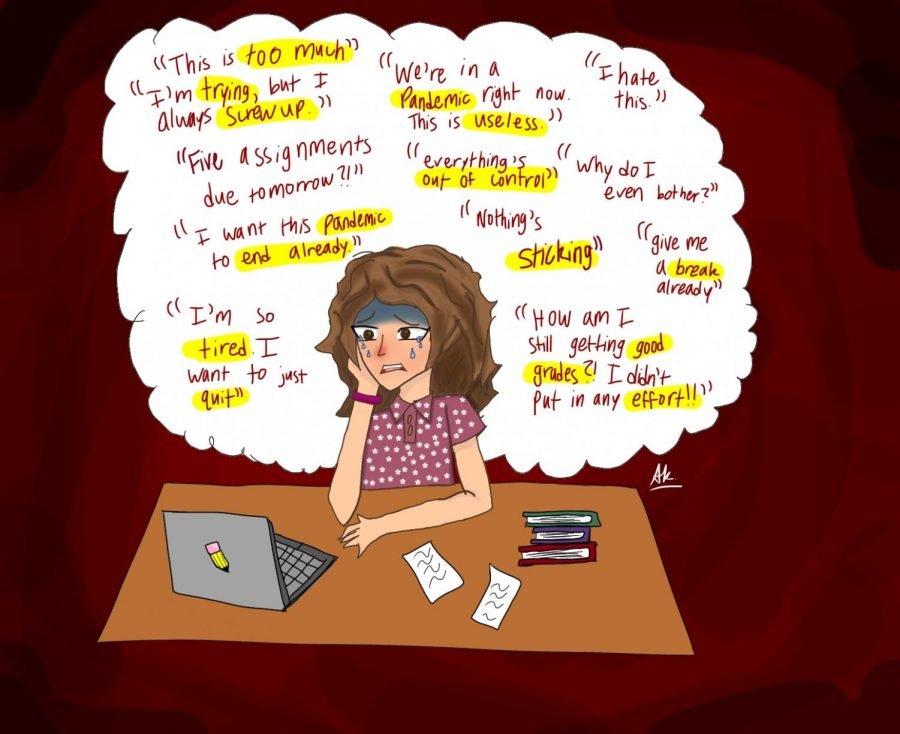Am I Neurodivergent?
Is it ASD, ADHD or c-PTSD … and does it even matter?
I recently posted a meme about neurodivergent people struggling with eye contact, as well as a second post about how a diagnosis is akin to learning that you’re playing the game on hard mode; it doesn’t reduce the difficulty, but it lets you strategize.
This prompted a few of my followers to ask about my diagnosis: Am I neurodivergent? So, I figured I would clarify here.
The short answer is ‘no, but…’
Basically, I have a collection of symptoms that present primarily as anxiety derived from complex post-traumatic stress disorder (c-PTSD).
All throughout my childhood I was exposed to danger, ambiguity, confusion, and insecurity. Flash forward to adulthood and I now struggle with a variety of tasks, social conventions and other things - many of which, if taken out of the context of my past, could constitute a diagnosis of ADHD or ASD.
Here is a list of these symptoms I struggle with, accompanied by a potential c-PTSD anxiety explanation for their occurrence:
Symptom: I struggle to maintain eye contact.
Explanation: I’m constantly on the lookout for danger from my environment. If I was to maintain eye contact, I may miss a potential threat.
Symptom: I struggle with big groups, loud noises and overstimulation.
Explanation: Big groups have the potential to contain dangerous people. Loud noises and other stimulation are often a precursor to danger – these trigger me.
Symptom: I enjoy alone time and get joy from working on individual projects.
Explanation: Unlike many aspects of my past, when I am on my own I can create a space where I have total control, thus I am safe.
Symptom: I struggle to make plans.
Explanation: I have a learnt experience that taught me that there is always danger, thus those plans may have danger. It is safer to avoid.
Symptom: I love routine.
Explanation: Like the previous, routines are safe because randomness can contain danger. I have been conditioned to always choose the safe option.
Compounding this is the crossover nature of mental illness and disabilities. Often if you have one condition, you have a lot of another condition. Thus, you may get incorrectly diagnosed, over diagnosed, or not diagnosed. Perhaps you have both conditions, or just one, or neither.
Adding to this is the concept of ‘traits’. Autism (and all conditions) are on a spectrum. Meaning that everyone has a bit of it to some extent. A diagnosis comes when you cross a certain level of functionality - that is, you are impacted to such a degree by the symptoms that you lose functionality or ability, relative to a ‘normal’ person.
Before diagnosis you may simply be ‘struggling’, but after diagnosis that struggle has a name.
I’ve read a collection of books on all varieties of mental illnesses, books on ASD, ADHD, BPD, depression, trauma, and more. Of course, while reading a book isn’t the same as a formal diagnosis, there is something to be said about finding yourself within the personal accounts.
I see some aspects of myself, experiences, challenges, and personality to some extent in all of them. But the two books I’ve connected with most are:
‘Running On Empty’ - This book talks about the impact of trauma and neglect suffered in childhood can carry on impacting into adulthood. It highlights the feelings of unknown, the striving for control, the loss of agency, the anxiety, and the fear. It also provides some strategies to rectify these impacts.
‘The Highly Sensitive Person’ - This book talks about the concept of a personality trait known as ‘sensitivity’. This book has extensive research backing the suggestion that some people are, on a trait level, more sensitive than others. That is they tend to be highly empathetic, struggle with intense emotionality, get overwhelmed in crowds and with hyper stimulating environments. The book goes to lengths to differentiate sensitivity from introversion. A ‘sensitive’ person may be introverted, but they may not be. It also provides strategies to mould a fulfilling life.
I can very much relate to the descriptions of the people within these books. What’s more, the advice given works for me.
So, am I neurodivergent? Potentially. But more than likely I had a traumatic past, and that past is now expressing itself. My response is to basically find a good therapist and trust them. How do I know they are good? Because my functionality is improving. Ultimately I don’t care what (if anything) I am diagnosed as having. I care about results. If I am improving over the long term, the treatment is working.
If this post has resonated with you, I would love your support.
